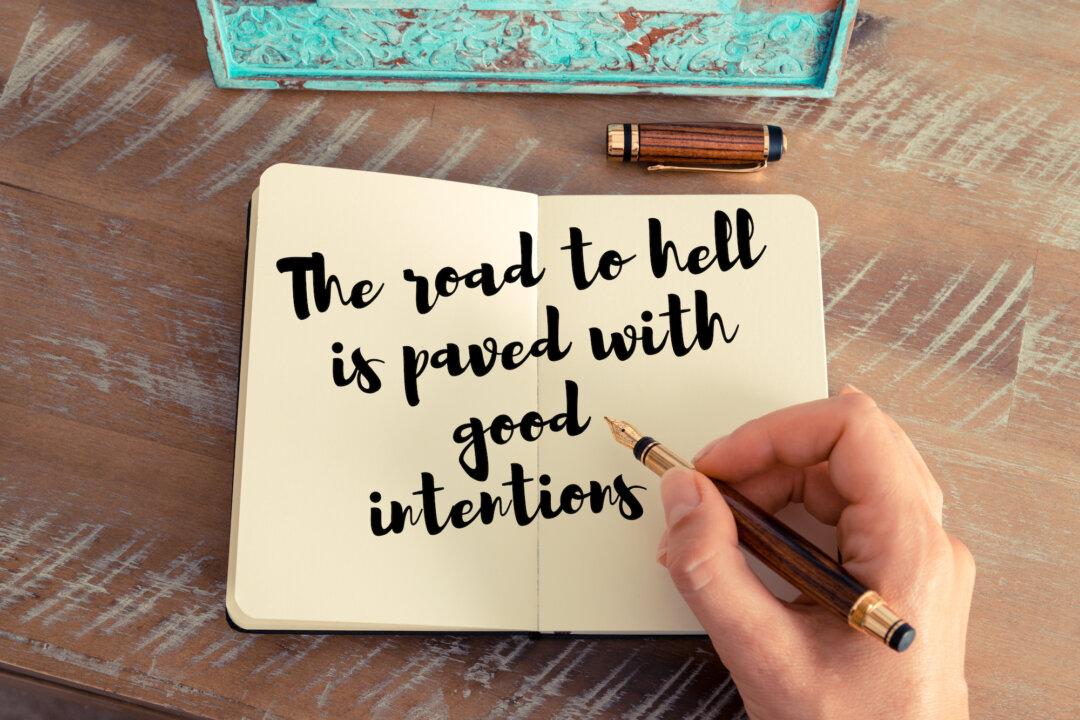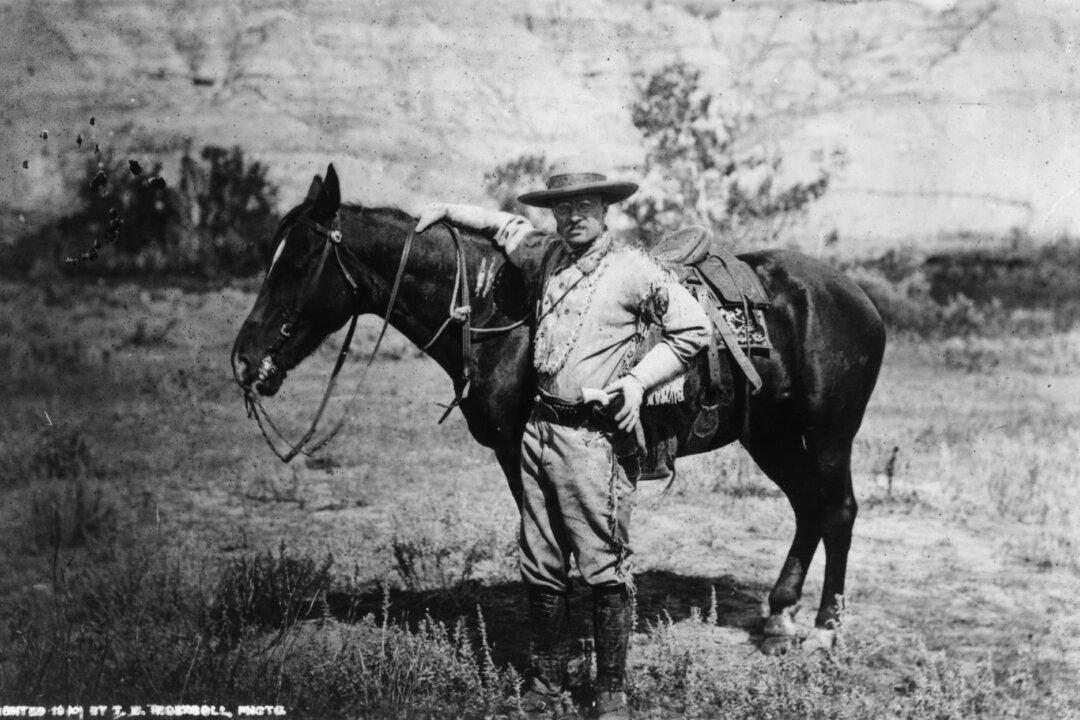My husband and I were recently chatting about politics, and the old saying “The road to hell is paved with good intentions” came up. We joked about a twist on the phrase, which could be “The road to hell is garbed in good intentions.”
I gather that Dennis Prager agrees. In his PragerU video,“Why the Road to Hell Is Paved with Good Intentions,” he talks about the psychology of people who were caught up in communism and supported communist regimes.





